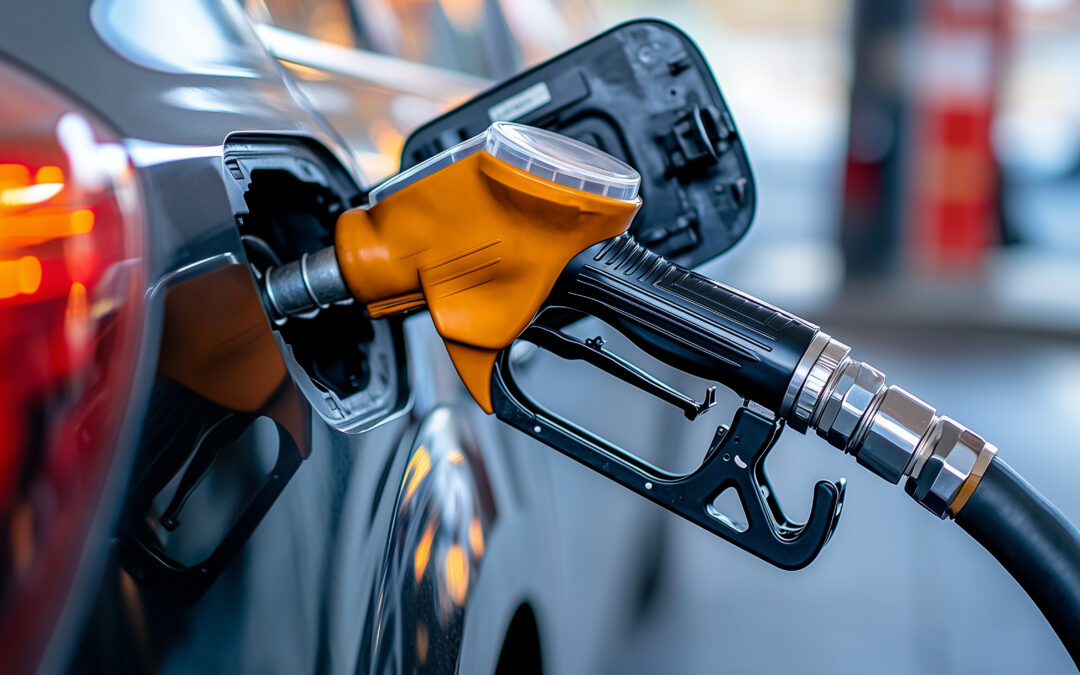Keeping your vehicle’s fuel system clean is essential for maintaining optimal performance, fuel economy, and engine longevity. In this month’s blog post, we examine why fuel system maintenance matters and what is involved in this important service.
What Is the Fuel System?
Your vehicle’s fuel system stores, delivers, and atomizes fuel for combustion. It includes the fuel tank, fuel pump, fuel filter, fuel injectors, and intake valves. These components work together to ensure fuel reaches the engine in the correct quantity and pressure and is properly mixed with air for efficient combustion.
Common Fuel System Problems
Over time, contaminants like carbon deposits, varnish, and debris can build up in the fuel system. These contaminants develop from fuel degradation, evaporation of volatile compounds, and heat exposure which can lead to:
- Restricted fuel flow
- Poor spray patterns from injectors
- Reduced combustion efficiency
- Rough idling and sluggish acceleration
- Increased emissions and lower fuel economy
- Potential misfires or catalytic converter damage
These issues are especially common in high-mileage vehicles or those using lower-quality fuel.
What Happens During Fuel System Cleaning?
Fuel system cleaning removes these deposits and restores proper fuel flow. A professional service typically involves introducing a specialized cleaning solution into the fuel rail or intake, dissolving carbon buildup, and flushing out contaminants. Some services also include cleaning the throttle body and replacing the fuel filter for a more complete refresh.
Benefits of Fuel System Cleaning
After cleaning, vehicle owners often notice:
- Smoother engine operation
- Restored power and throttle response
- Improved fuel efficiency
- Lower emissions
- Extended engine life
These improvements can be especially noticeable in vehicles that have not had regular maintenance or have experienced performance decline.
When Should You Get It Done?
Most experts recommend fuel system cleaning every 30,000 miles or as part of a major tune-up. However, driving habits and fuel quality can influence the ideal interval. If you notice sluggish performance or poor mileage, it may be time to schedule a cleaning.
Fuel system cleaning is not just routine maintenance—it’s a proactive way to protect your engine and improve your driving experience. While DIY additives exist, professional cleaning ensures thorough treatment and avoids risks. Investing in this service helps keep your vehicle running like new, mile after mile. If you would like fuel system cleaning, contact the service professionals at Campus Repair to schedule an appointment.

